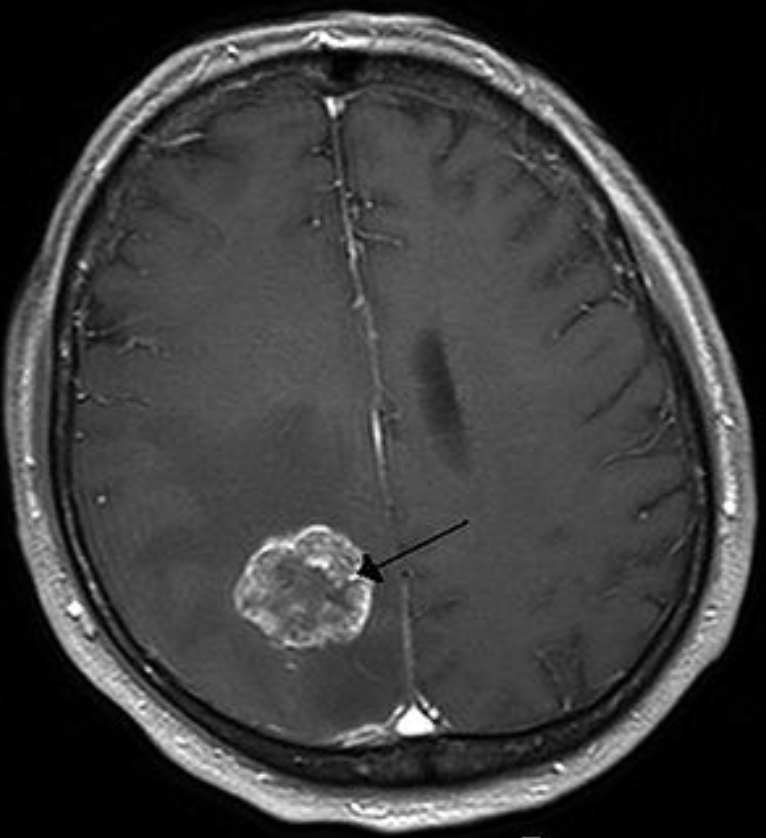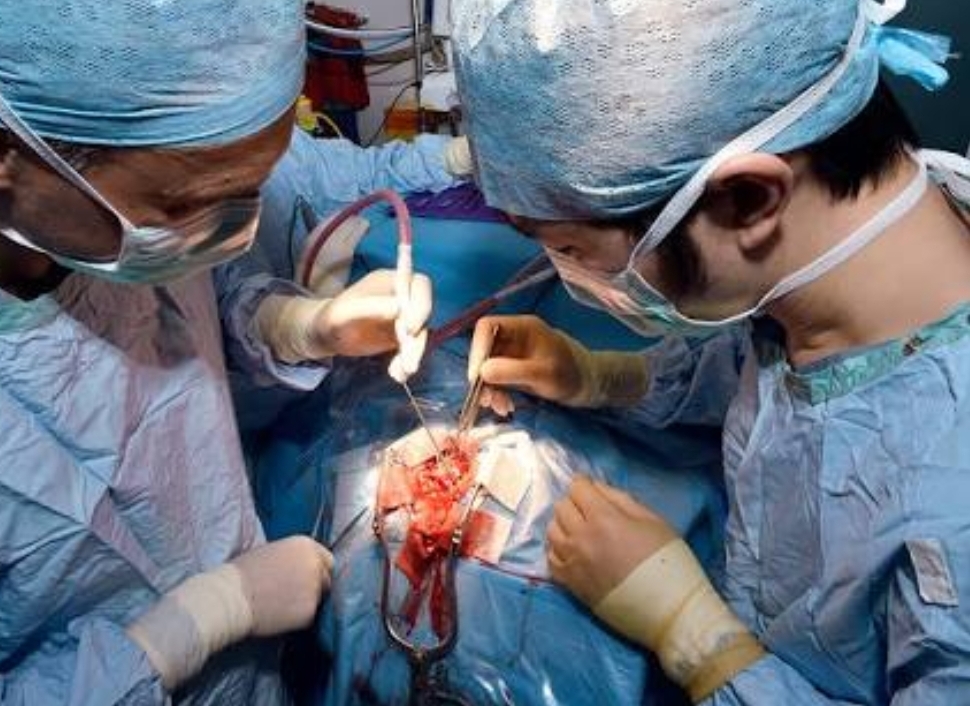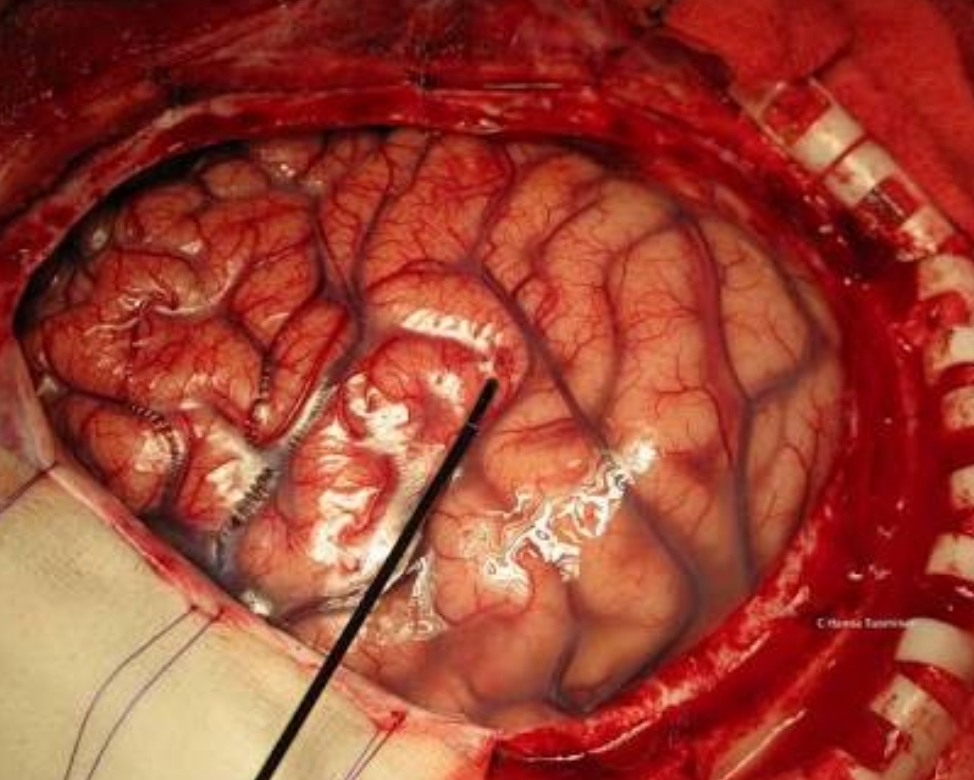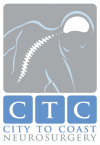Brain Surgery with Dr David Johnson – City To Coast Neurosurgery
The term “brain surgery” refers to various medical procedures that involve repairing structural problems in the brain. The team at City To Coast Neurosurgery understands that being informed that you require brain surgery may be one of the most daunting moments of your life. Rest assured that our team are experts in managing your condition and will provide you with the world-class care that is required for safe outcomes from this most complex form of medical treatment. There are numerous types of brain surgery. The type of brain surgery done depends highly on the condition being treated. For example, a brain aneurysm can be repaired using a catheter that’s introduced into an artery in the groin. If an aneurysm has ruptured, an open surgery called craniotomy may be used.
Why brain surgery is performed
Brain surgery is performed to correct physical abnormalities in the brain. These can be due to birth defects, disease, injury, or other problems. Dr Johnson has expertise in the Neurosurgical management of:
- Brain Tumours including “Pin”-Hole Brain Biopsy and endoscopic procedures
- Intracranial Bleeding
- Brain infection or abscess
- Traumatic Brain injury and Skull Fractures
- Excessive Brain Fluid referred to as Hydrocephalus
- Facial Pain referred to as Trigeminal Neuralgia
- Raised intracranial pressure
- Chiari Malformations of the Cranio-cervical Junction that may be causing syringomyelia or neck pain and headaches.

Types of brain surgery
Craniotomy
A craniotomy involves making an incision in the scalp and creating a hole known as a bone flap in the skull. The hole and incision are made near the area of the brain being treated. When the procedure is complete, the bone flap is secured in place with small plates. Very occasionally the bone is not replaced for specific reasons such as swelling. When left open, the procedure is known as a Craniectomy.
Biopsy
This procedure is used to remove a small amount of brain tissue or a tumour so it can be examined under a microscope. This involves a small incision and “pin” hole in the skull.
Minimally invasive neuroendoscopy
Neuroendoscopy uses endoscopes to remove brain tumors. The most common reason for this procedure is to remove Colloid cysts obstructing the flow of brain fluid in the ventricles of the brain and also to fenestrate membranes in the brain that may be interrupting fluid dynamics.
The risks of brain surgery
All surgical procedures carry some risk. Brain surgery is a major medical event. It carries extra risk.
Possible risks associated with brain surgery include:
- allergic reaction to anesthesia
- bleeding in the brain
- a blood clot
- brain swelling
- coma
- impaired speech, vision, coordination, or balance
- infection in the brain or at the wound site
- memory problems
- seizures
- stroke

How to prepare for brain surgery
We will provide you complete instructions on how to prepare for the procedure. You most likely will have to stop taking some medications and start taking others such as Dexamethasone or Dilantin in the days before the procedure. The whole City To Coast Neurosurgery team, Dr Johnson and his private full-time Registered Nurse will support you along during this most challenging time to achieve the best possible outcome for you.

Have a question about brain surgery?
Brain Surgery with Dr David Johnson - City To Coast Neurosurgery
The term “brain surgery” refers to various medical procedures that involve repairing structural problems in the brain. The team at City To Coast Neurosurgery understands that being informed that you require brain surgery may be one of the most daunting moments of your life. Rest assured that our team are experts in managing your condition and will provide you with the world-class care that is required for safe outcomes from this most complex form of medical treatment. There are numerous types of brain surgery. The type of brain surgery done depends highly on the condition being treated. For example, a brain aneurysm can be repaired using a catheter that’s introduced into an artery in the groin. If an aneurysm has ruptured, an open surgery called craniotomy may be used.
Why brain surgery is performed

Brain surgery is performed to correct physical abnormalities in the brain. These can be due to birth defects, disease, injury, or other problems. Dr Johnson has expertise in the Neurosurgical management of:
- Brain Tumours including “Pin”-Hole Brain Biopsy and endoscopic procedures
- Intracranial Bleeding
- Brain infection or abscess
- Traumatic Brain injury and Skull Fractures
- Excessive Brain Fluid referred to as Hydrocephalus
- Facial Pain referred to as Trigeminal Neuralgia
- Raised intracranial pressure
- Chiari Malformations of the Cranio-cervical Junction that may be causing syringomyelia or neck pain and headaches.
Types of brain surgery
Craniotomy
A craniotomy involves making an incision in the scalp and creating a hole known as a bone flap in the skull. The hole and incision are made near the area of the brain being treated. When the procedure is complete, the bone flap is secured in place with small plates. Very occasionally the bone is not replaced for specific reasons such as swelling. When left open, the procedure is known as a Craniectomy.
Biopsy
This procedure is used to remove a small amount of brain tissue or a tumour so it can be examined under a microscope. This involves a small incision and “pin” hole in the skull.
Minimally invasive neuroendoscopy
Neuroendoscopy uses endoscopes to remove brain tumors. The most common reason for this procedure is to remove Colloid cysts obstructing the flow of brain fluid in the ventricles of the brain and also to fenestrate membranes in the brain that may be interrupting fluid dynamics.
The risks of brain surgery

All surgical procedures carry some risk. Brain surgery is a major medical event. It carries extra risk.
Possible risks associated with brain surgery include:
- allergic reaction to anesthesia
- bleeding in the brain
- a blood clot
- brain swelling
- coma
- impaired speech, vision, coordination, or balance
- infection in the brain or at the wound site
- memory problems
- seizures
- stroke
How to prepare for brain surgery

We will provide you complete instructions on how to prepare for the procedure. You most likely will have to stop taking some medications and start taking others such as Dexamethasone or Dilantin in the days before the procedure. The whole City To Coast Neurosurgery team, Dr Johnson and his private full-time Registered Nurse will support you along during this most challenging time to achieve the best possible outcome for you.

